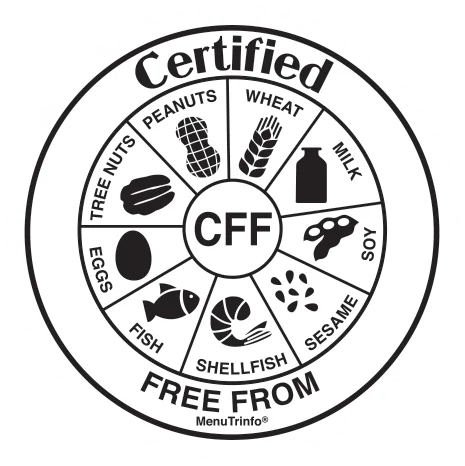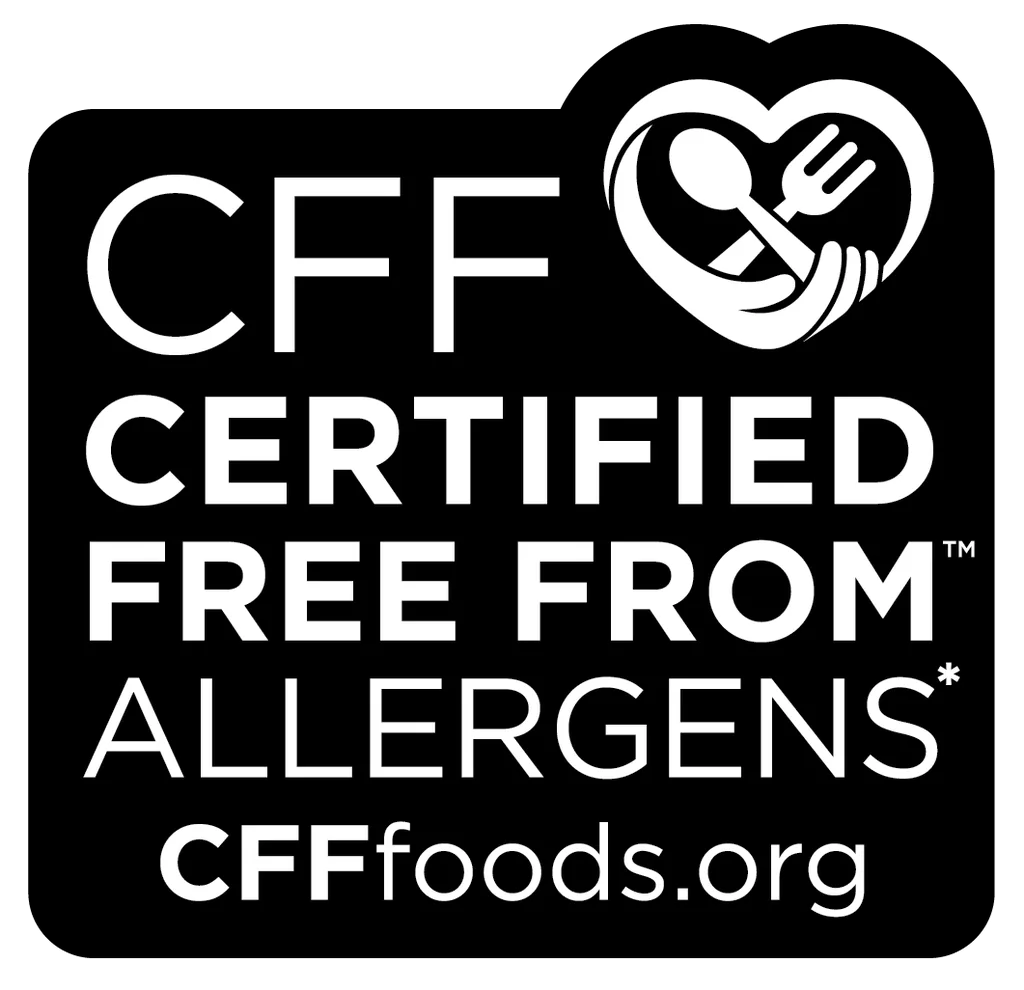Your child need not feel left out of school birthdays, holidays or other food-related occasions. Here are some tips to make food-based school activities inclusive and fun:
-
Be Proactive.
Set up a meeting with the principal and classroom teacher before school starts, if possible, to explain your child’s food restrictions and what is necessary to keep your child healthy. If you have any medical documentation or diagnosis of your child’s food allergy or celiac disease, it can be helpful to bring that with you for this meeting as a point of reference, and to emphasize to the school administrators that your child’s needs are real. Be sure to also ask where your child will eat lunch, and how/if the surface will be cleaned. Discuss field trips, holidays, and class parties. Explore whether there are any suitable items for your child in the cafeteria. Even after meeting with teachers/staff, it’s still a good idea to leave a note with your child’s homeroom teacher that can be seen by substitute teachers.
Find out the school’s birthday policy as early as possible into the school year. Some schools are banning homemade baked goods for birthdays because of food allergies, and are requiring that baked goods be store-bought with the ingredients clearly labeled. Hopefully your child’s school does not have this policy – this rule not only takes the fun out of home baking, but since you might not have a reasonable option to purchase gluten-free baked goods for the class on your child’s birthday, it severely limits your options. Even if such a policy is in place though, because of your child’s medically necessary dietary needs, exceptions may be crafted to suit each situation. Check with the American Celiac Disease Alliance for any updates on federal legislation that could affect the school’s responsibility for accommodating your child.
Specific accommodations may be available pursuant to federal laws like the Rehabilitation Act of 1973. A Section 504 accommodation plan addresses more than just access to special diets, and may be something to consider, depending on your child’s needs and circumstances. Review your options by visiting the American Celiac Disease Alliance’s website and read over the process of requesting a 504 accommodation plan, as well as other suggestions which may apply to your child’s school.
-
Send in a treat for your child on others’ birthdays.
The reality is that most birthday treats other children bring to school will contain gluten. Ask if you can find out in advance when others will be bringing in treats, and send your child with his/her own treat. If advance notice is not possible, consider supplying your child’s teacher with gluten-free candy or another long-lasting treat so that your child is not left empty-handed. If you are lucky, there may be a freezer on the premises where you can keep frozen gluten-free brownies, cupcakes or other baked goods around for impromptu birthday celebrations. If you ask, often the teacher’s lounge has such a freezer that you can use for such a purpose. Your child’s teacher can then grab a frozen treat the morning of any birthday celebration, and by the time of the party, it will have thawed and be ready for eating!
My fantastic and fun cupcake recipe will make your child’s special day all the more special, and will freeze well for other occasions like these. Have your child help you make a big batch before the school year starts. Frost and decorate with your child, and use festive cupcake papers so all the other kids will wish they could have such yummy treats at school as well!
-
Gluten-free birthdays should be just as fun and special!
On your own child’s birthday, ask to bring in your own gluten-free baked goods. Consider gluten-free cupcakes, cookies, brownies, ice cream (soy and coconut varieties are delicious dairy-free alternatives), popsicles, candy, or fudge. If rules do not allow you to bring in homemade gluten-free baked goods for your child’s birthday, set up an appointment with the principal to explain the situation. As long as you are calm and rational, most administrators should be accommodating. Try this crowd-pleasing recipe for birthday cupcakes to bring in for your child’s special day or to bring and freeze for your child to enjoy on others’ birthdays at school.
Reach out to other students and parents.
Find out if there are other children with allergies or intolerances in your child’s classroom, grade or even the school as a whole. Families can often work together to make classroom birthday parties successful for all of the children! Being included in special events helps children feel normal and accepted by other students. By planning ahead, your child can look forward to birthday, holiday, and other celebrations just as much as his or her classmates. When I bring in treats to school, I always bring extra to give to other gluten-free kids, even when they are not in my child’s classroom. There’s no reason not to share!
























Hi Jules! I just found your site and although we are not a gluten-free family, we do have a child who is dairy- and egg- allergic, so we face a similar struggle! I wanted to say how much I appreciate this particular posting, as my little guy is approaching school age and this is one of my biggest fears about school–the loneliness of not being able to participate in fun class stuff. Thanks for the info and the positive spin, this mommy definitely appreciates it!!!
I’m so glad you found the information helpful. I think you’ll also find some really useful information and recipes in my new book (out just this month!) – Free for All Cooking. I cover lots of information and recipe substitutions for dairy and egg so that nearly any recipe can be made to suit nearly every diet, because nobody should have to miss out!
All the best to you and your family!